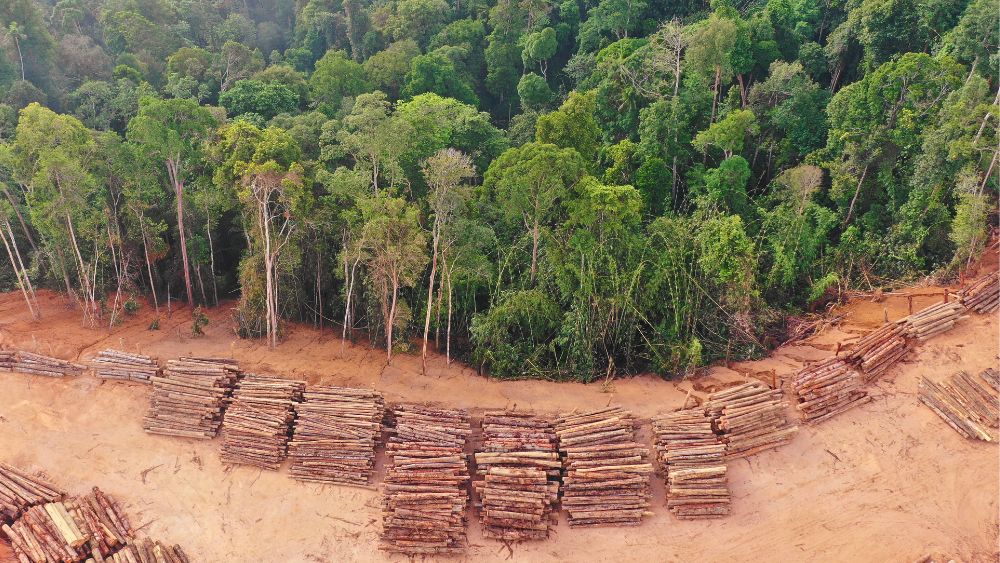Complying with regulations on trade in commodities and derived products associated with deforestation or forest degradation
New EU Deforestation Regulation, published in mid-2023 aims to minimize deforestation and forest degradation associated with agricultural raw materials imported into the European Union. Although it entered into force in June 2023 and was initially scheduled to become applicable on 30 December 2024. However, the EU Parliament and the Council have recently agreed to the Commission’s proposal to delay its application by one year to give more time to companies and authorities to better prepare for its implementation. This means that the new regulation will be binding from 30 December 2025 for large operators and traders, while micro- and small companies will have to apply it as of 30 June 2026. The regulation is part of the EU’s biodiversity strategy running to 2030.
What products are impacted?
For now, products included in Annex I of the Regulation are those containing or wood, rubber, cattle, coffee, cocoa, palm oil and soybean or products which require those as part of their manufacture. The EU Commission will continue to evaluate other raw materials with the possibility to extend the scope of this regulation.
Complying
Commodities and products covered by the Regulation may not be marketed or exported, unless all the following conditions are fulfilled:
- they are deforestation-free;
- they have been produced in accordance with the relevant legislation of the country of production; and
- they are covered by a due diligence statement (with the content set out in Annex II)
Operations subject to the Regulation
Regulation (EU) 2023/1115 applies to imports from third countries into the EU, supply of a product for distribution, consumption or use in the EU market during a commercial activity (whether the product is priced or free of charge) and all exports from the EU.
Due diligence obligation
Operators (and non-SME traders) are generally required to set up and maintain a Due Diligence System.
As a key requirement, they must provide information on the type and quantity of product, CN code, country and geolocation coordinates of the production plots in a due diligence statement to be submitted via the Information System.
Small and medium enterprises do not have to exercise due diligence for relevant products where that process has already been carried out elsewhere in the supply chain.
Due diligence records must be kept for at least five years.
The EU Commission has recently announced the launch of the EUDR Information System for users to submit and manage Due Diligence Statements and, during the end of 2024 and 2025, new virtual training sessions for the EUDR Information System will be regularly published on the webpage The Information System of the Deforestation Regulation.
Penalties
The potential penalties for non-compliance are substantial. Member States will determine a system of penalties applicable to any infringement, ensuring that they are effective, proportionate and dissuasive. Fines should be proportionate to the environmental damage and value of the products . Other penalties may include:
- confiscation of operator or trader products
- confiscation of associated revenue
- temporary exclusion from public procurement processes or and public financing
- temporary exclusion from EU market, in case of serious / repeated infringements
- prohibition to apply simplified due diligence procedures
Roll-Out
Regulation (EU) 2023/1115 will be implemented in stages, with some articles coming into force immediately for all products and others covered by legacy legislation rolling out in stages until December 2027.

